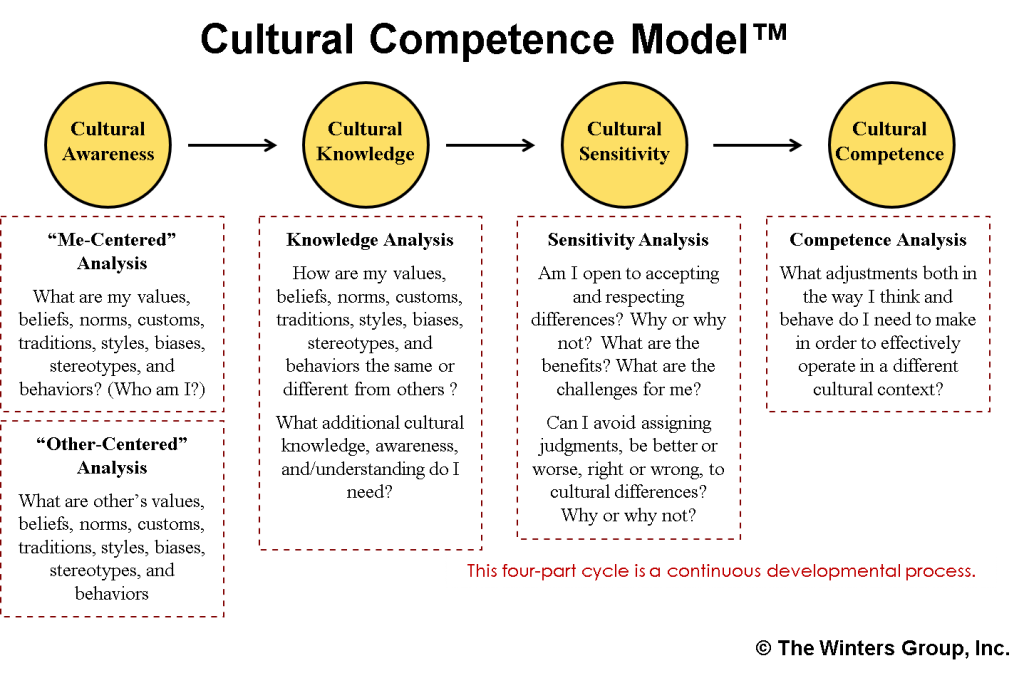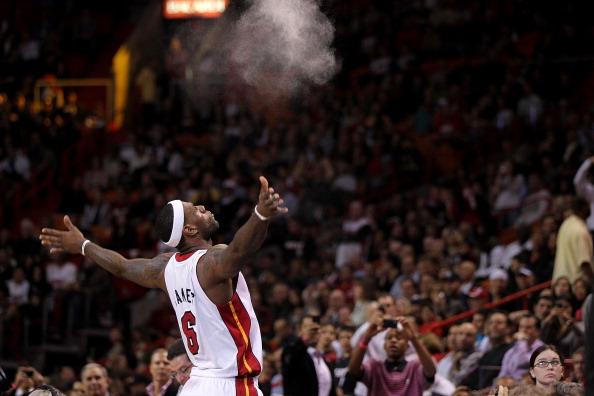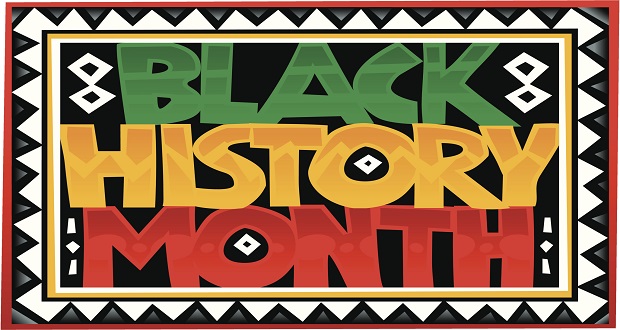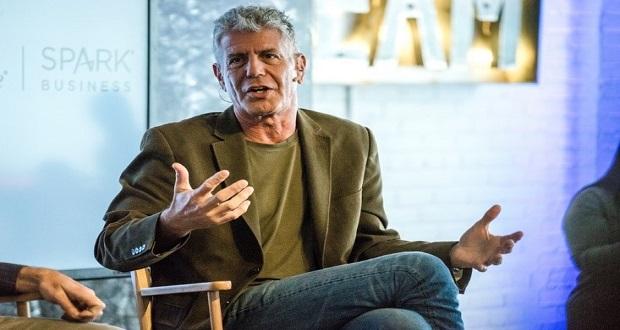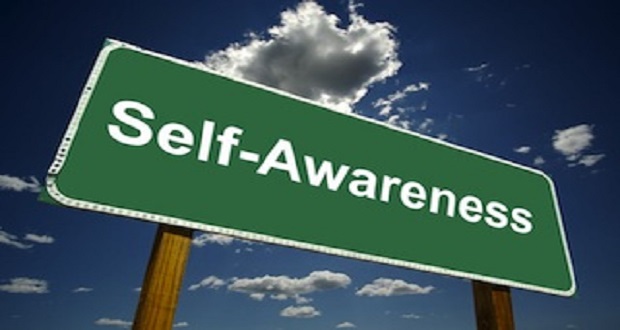 About 10 years ago I wrote a book called Inclusion Starts with “I”. The idea is that self-awareness is the first step to becoming more culturally competent, a perquisite for inclusion. I believe that one cannot behave inclusively without a deep understanding of his/her own culture, beliefs, values and traditions. Eleanor Roosevelt probably said it best:
About 10 years ago I wrote a book called Inclusion Starts with “I”. The idea is that self-awareness is the first step to becoming more culturally competent, a perquisite for inclusion. I believe that one cannot behave inclusively without a deep understanding of his/her own culture, beliefs, values and traditions. Eleanor Roosevelt probably said it best:
You must try to truthfully understand what makes you do things or feel things. Until you have been able to face the truth about yourself you cannot be really sympathetic or understanding in regard to what happens to other people.
On the surface, it may seem obvious and easy to focus on understanding one’s self. However, we know that in reality it is not. More and more research is being conducted on how the brain works and the significant role that our “unconscious” plays in how we think and behave.
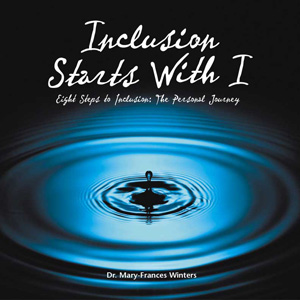 The first chapter of Inclusion Starts with “I” is called, “Know Self First”. Here is an excerpt:
The first chapter of Inclusion Starts with “I” is called, “Know Self First”. Here is an excerpt:
“Becoming intimate with yourself is not easy. Cutting to the core of your essence is a lifelong pursuit. Like eating, if you don’t do it, you will suffer from malnutrition. Many of us suffer from malnutrition of the soul because we neglect this part of our being. To know self, we must spend time attending to self. We must spend time alone in deep contemplation. We must be honest about who we are and who we want to become.”
Ask yourself:
- Why do I believe what I believe?
- What are my values? Who and what events in my life have influenced my values?
- How do I feel about people who do not share by beliefs and values?
- Do I even understand other cultures’ values and beliefs?
- Am I open to changing by beliefs as I learn more about others?
